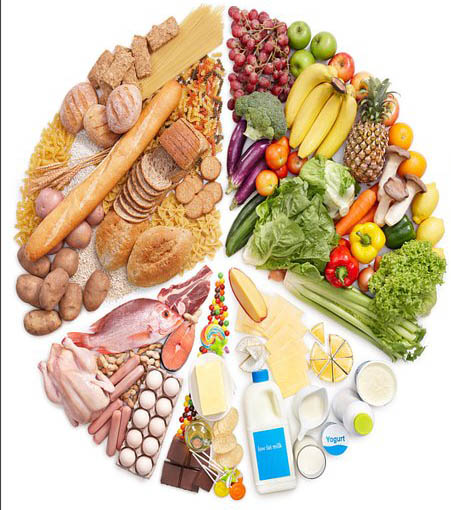
Cardiovascular disease remains one of the greatest threats to human health and is of great concern to physicians and scientists around the world. Currently, cardiovascular diseases such as Coronary Heart Disease (CHD) and stroke account for 31% of all deaths worldwide, with an estimated 17.5 million people dying from the disease each year. The composition of one’s diet is an important factor in the occurrence of CVD. There is ample scientific evidence that diet may be the most important preventive factor for death from cardiovascular disease and may even reverse heart disease. Diet also seems to play an important role in the management of other risk factors such as obesity, hypertension, diabetes or dyslipidaemia. Adherence to heart-healthy dietary patterns are associated with optimal cardiovascular health. Because CVD starts during foetal development and early childhood, it is essential to adopt heart-healthy dietary patterns early in life, including preconception, and maintain them throughout life.
Evidence-Based Dietary Guidance to Promote Cardiovascular Health:
Adjust energy intake and expenditure to achieve and maintain a healthy body weight. A healthy dietary pattern coupled with at least 150 minutes of moderate physical activity per week can help to optimize energy balance. However, energy needs vary widely by an individual’s age, activity level, sex, and size. Reduction in portion size is vital for reducing food intake.
Choose a wide variety of fruits and vegetables to eat:
Vegetables contain many nutrients and phytochemicals that have been proposed to have cardiovascular health benefits. Leaves of vegetables are the most metabolically active and tend to be the most nutritious part of the vegetable being a good source of folate, carotenoids, vitamin C, flavonols, iron, zinc, calcium and magnesium.
Choose foods made mostly with whole grains rather than refined grains:
Many whole grains are good sources of dietary fibre. Dietary fibre can help improve blood cholesterol levels.
- Choose healthy sources of protein:
Eat protein from plants (legumes and nuts), fish and seafood, low-fat or fat-free dairy products instead of full-fat dairy products, and if meat or poultry are desired, choose lean cuts and avoid processed forms.
- Choose healthy oils:
Use liquid plant oils rather than tropical oils (coconut, palm, and palm kernel), animal fats (e.g. butter and lard), and partially hydrogenated fats.
- Choose minimally processed foods instead of ultra-processed foods:
Whole, nutrient-dense foods are unprocessed or minimally processed. Fruits, vegetables, nuts, beans, fish, and eggs are just a few examples.
- Minimize intake of beverages and foods with added sugars:
Avoid beverages with added sugars, like soft drinks, juice, energy drinks, and especially caffeinated drinks.
- Choose and prepare foods with little or no salt:
A high-sodium diet has been linked with elevated blood pressure. Eating too much salt could cause fluid overload in people with heart failure and lead to dangerous complications, such as shortness of breath. Studies have shown that transitioning to a low-sodium diet can lead to small yet significant changes in blood pressure, especially in people with elevated levels.
If you do not drink alcohol, do not start; if you choose to drink alcohol, limit your intake.
Adhere to this guidance regardless of where food is prepared or consumed. A healthy diet and lifestyle are the keys to preventing and managing cardiovascular disease.




